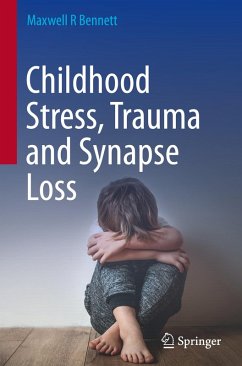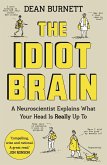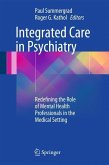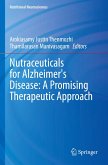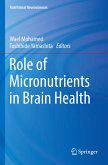This book is concerned with the extent to which childhood stress and trauma lead in relative maturity to major depression (MDD) and post-traumatic stress disorder (PTSD). The loss of synapses in the cortex, accompanying childhood maltreatment, is identified as a principal mechanism for developing these disorders. Considerable attention is given to identifying interventions that will restore lost synapses, so ameliorating these mental illnesses.
The book describes the emergence of abnormal psychology in youth and adult life following childhood maltreatment. Of considerable immediate concern is the extent to which such maltreatment significantly enhances the tendency to suicide and suicidality. Next, consideration is given as to how personality disorders, such as obsessive-compulsive disorder, the very dangerous borderline personality disorder, and the publicly offensive narcissistic personality disorder, arise from childhood maltreatment. The classification or nosology of mental and personality disorders as well as the principal psychoanalytic approaches available for their treatment are sketched together with recent attempts to use novel constructs that bridge between symptoms (based on patients' behavior and self-descriptions).
Recently, new techniques have been developed for brain imaging and non-invasive and localized brain stimulation. These show that nodes of the distributed brain network whose malfunction is closely related to major depressive disorders are likely to differ in their importance from patient to patient. Wonderfully, so-called 'closed-loop' stimulation techniques are now available for automatically adjusting the activity of individual nodes in individual patients, relieving them of their major depression. The results of our research, and that of others using magnetic resonance imaging of mature patients that have been maltreated as children, have been to identify the nodes that have lost gray matter. We have shown that this is likely due to the loss of synapses in these nodes. Finally, the central question of how synapses may be restored in these nodes to ameliorate major depressive disorders, post-traumatic stress disorder, and suicidality is considered, emphasizing the recent revolutionary discovery that the psychedelic ketamine restores synapses and has a therapeutic effect on mental health.
The book describes the emergence of abnormal psychology in youth and adult life following childhood maltreatment. Of considerable immediate concern is the extent to which such maltreatment significantly enhances the tendency to suicide and suicidality. Next, consideration is given as to how personality disorders, such as obsessive-compulsive disorder, the very dangerous borderline personality disorder, and the publicly offensive narcissistic personality disorder, arise from childhood maltreatment. The classification or nosology of mental and personality disorders as well as the principal psychoanalytic approaches available for their treatment are sketched together with recent attempts to use novel constructs that bridge between symptoms (based on patients' behavior and self-descriptions).
Recently, new techniques have been developed for brain imaging and non-invasive and localized brain stimulation. These show that nodes of the distributed brain network whose malfunction is closely related to major depressive disorders are likely to differ in their importance from patient to patient. Wonderfully, so-called 'closed-loop' stimulation techniques are now available for automatically adjusting the activity of individual nodes in individual patients, relieving them of their major depression. The results of our research, and that of others using magnetic resonance imaging of mature patients that have been maltreated as children, have been to identify the nodes that have lost gray matter. We have shown that this is likely due to the loss of synapses in these nodes. Finally, the central question of how synapses may be restored in these nodes to ameliorate major depressive disorders, post-traumatic stress disorder, and suicidality is considered, emphasizing the recent revolutionary discovery that the psychedelic ketamine restores synapses and has a therapeutic effect on mental health.

